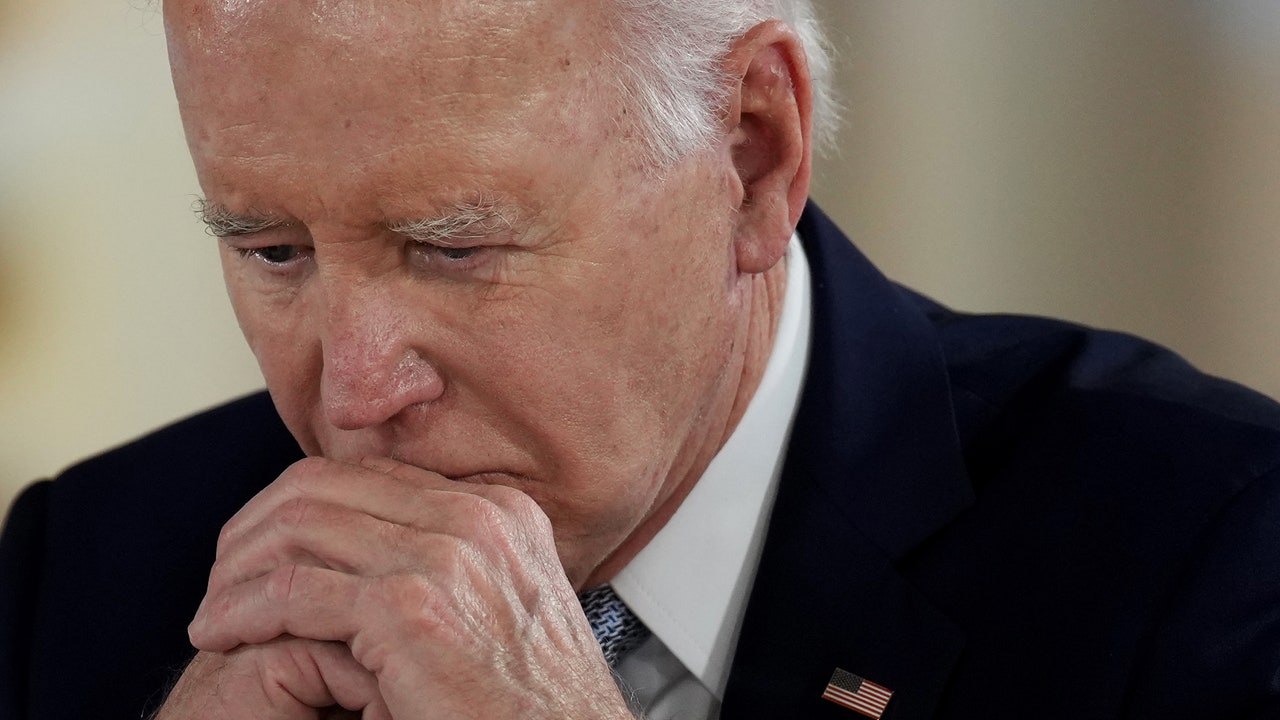Politics
Governor Josh Shapiro Emerges as Vice Presidential Contender After Biden’s Withdrawal

HARRISBURG — Governor Josh Shapiro has quickly become a prominent contender for the vice-presidential slot following President Joe Biden‘s unexpected decision to drop out of the 2024 race and endorse Kamala Harris for the nomination.
Shapiro, 51, assumed the governorship of Pennsylvania in January 2023 after winning the election in 2022. His journey from a congressional aide to the state’s chief executive in just two decades showcases his rise as a moderate Democrat in Pennsylvania’s vibrant political landscape.
Endorsements for Shapiro are rolling in, with influential Pennsylvania Democrats, including state House Speaker Joanna McClinton and Philadelphia Democratic chair Bob Brady, backing him as a viable vice presidential pick. They cite his political successes and ability to navigate a divided General Assembly as key attributes.
At a recent event in Pittsburgh, Shapiro acknowledged conversations with both Biden and Harris but remained tight-lipped about any discussions regarding a potential vice presidential nomination. He emphasized the importance of Harris making her decision without political pressure, stating, “This is a deeply personal decision that the vice president will make.”
Should Shapiro be selected as the vice presidential candidate, he could continue to serve as governor while campaigning, a unique advantage given his current position.
Shapiro was born to a pediatrician and an educator in Philadelphia’s suburbs. Initially aiming to follow in his father’s footsteps and pursue a medical career, he faced a pivotal moment in college. After struggling with organic chemistry at Rochester University and being cut from the basketball team, his path took a significant turn. A knock on his dorm room door by a fellow student led him to run for student government, and he successfully won the election.
Since then, Shapiro hasn’t lost a bid for public office. In his 20s, he served as a congressional aide while simultaneously earning his law degree from Georgetown University. His political career took off when he won a seat in Pennsylvania’s House of Representatives in 2004, where he served for four terms, earning a reputation as a policy expert.
His first major statewide campaign occurred in 2016 when he ran for Pennsylvania Attorney General. This position came on the heels of scandals faced by his predecessor, Kathleen Kane, which created an opportunity for him to lead reform efforts. Shapiro positioned himself as a key defender of constitutional freedoms, including abortion rights, during his successful run for governor in 2022 against Trump-supported candidate Doug Mastriano.
In what became a highly talked-about campaign, Shapiro successfully made the election a referendum on democracy and constitutional protections. He set a record for fundraising in a Pennsylvania gubernatorial race, proving his ability to galvanize support.
As an observant Conservative Jew, Shapiro has often discussed how his faith informs his public service. During his tenure as attorney general, he tackled significant issues, including the opioid crisis and child sexual abuse cover-ups in Pennsylvania’s Catholic dioceses. His office’s investigations gained national attention and set the stage for inquiries across the country.
Shapiro positioned himself against the policies of the Trump administration during his time as attorney general. He actively participated in lawsuits challenging the administration’s family separation policies and defended Pennsylvania’s election integrity following the 2020 presidential race.
Since taking office as governor, Shapiro has faced challenges from the get-go, including managing a crisis when a train derailed near East Palestine, Ohio, releasing toxic chemicals. He also had to swiftly coordinate the reconstruction of a critical overpass in Philadelphia that collapsed after a truck fire.
His quick actions during these crises showcased his capability as a leader and boosted his visibility among constituents. Shapiro has successfully negotiated two budgets with Pennsylvania’s divided legislature, significantly increasing funding for public education in the state.
However, his administration has not been without controversy. He encountered backlash recently after negotiating a taxpayer-funded school voucher plan with state Senate Republicans, which blindsided many Democrats.
Despite these challenges, Shapiro scored some legislative wins, including securing $500 million for industrial development projects. Yet, he acknowledged missing out on various initiatives he had championed, such as sustainable funding for public transit and legalizing recreational marijuana.
Transparency has also been a point of criticism for Shapiro. His administration has been described as more opaque than previous administrations. There were questions around who funded his inauguration events and the approach toward releasing daily schedules.
Additionally, a recent incident involving his legislative liaison, Mike Vereb, raised eyebrows. Allegations of harassment against Vereb led to his departure from the administration shortly after reports surfaced, creating a stir in the press.
On matters pertaining to his faith and its intersection with politics, Shapiro has taken a firm stance against antisemitism and has voiced his support for Israel amid recent geopolitical tensions. As protests against military actions in Gaza rise, he has been vocal about maintaining a clear line against hate speech.
After Biden’s announcement of stepping down, Shapiro was among many to throw his support behind Kamala Harris, expressing a long-standing professional relationship with her. He voiced confidence that Harris would continue the important work of strengthening democracy and protecting individual freedoms.
As Shapiro navigates his future, the political landscape appears ripe for his potential vice presidential candidacy—a prospect that could shape the trajectory of not just his career but also Pennsylvania’s political influence on a national stage.












